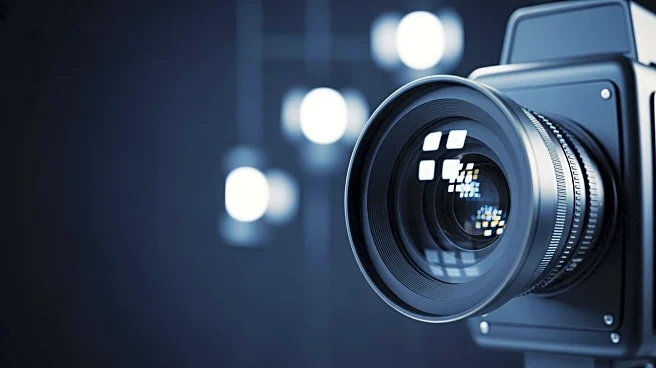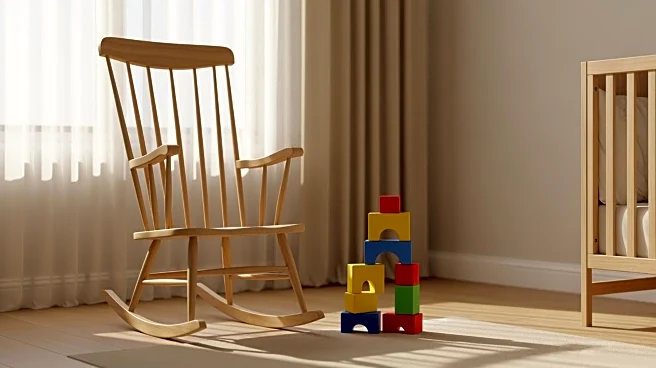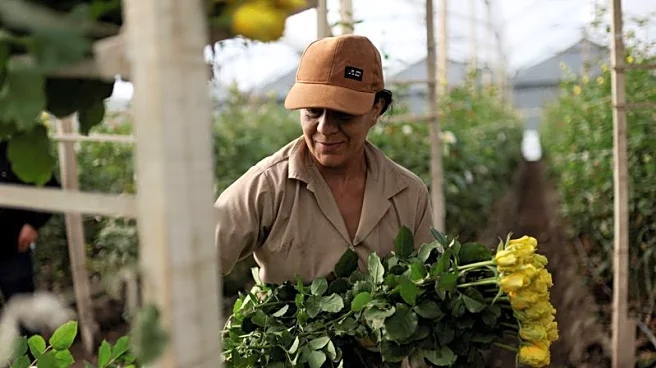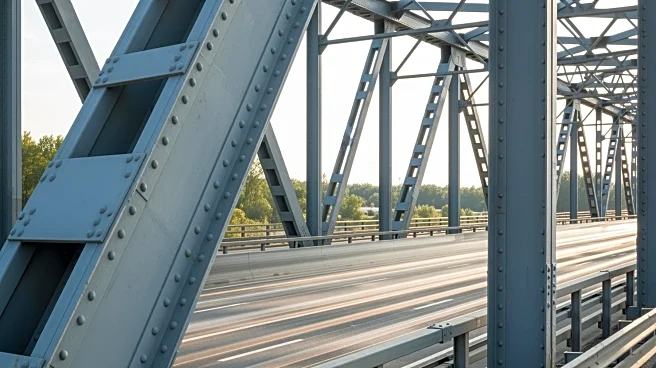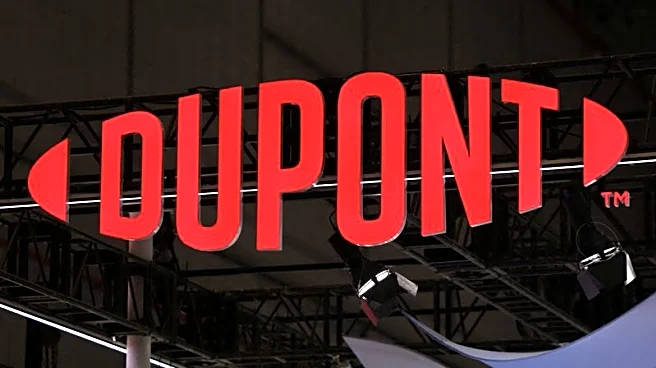What's Happening?
Alan Rusbridger, former editor of The Guardian, has addressed the controversy surrounding a BBC Panorama film that involved editing clips of President Trump. The film, which was intended to explain Trump's
potential election victory, has led to significant fallout, including the resignation of BBC Director General Tim Davie and a legal threat from Trump. Rusbridger argues that the film was not a 'hatchet job' on Trump but rather a clumsy edit. The Panorama, titled 'Trump: A Second Chance,' is no longer available on BBC iPlayer and was never released in the U.S. The controversy has sparked discussions about the BBC's editorial standards and its future funding model, especially with the upcoming charter renewal.
Why It's Important?
The controversy highlights the challenges faced by media organizations in maintaining editorial standards while navigating political pressures. The BBC, a major public broadcaster, is under scrutiny for its handling of the Panorama film, which could impact its reputation and funding model. The incident underscores the influence of political figures like President Trump and Nigel Farage on media narratives. With the BBC's charter renewal approaching, the broadcaster may need to adapt its governance and funding strategies to withstand political and public scrutiny. This situation also reflects broader tensions between media outlets and political entities, affecting public trust in journalism.
What's Next?
The BBC is expected to undergo significant changes in its governance and funding model as it prepares for charter renewal. Rusbridger suggests the need for 'Farage-proofing' the BBC to prevent political influence from figures like Nigel Farage, who opposes the current license fee model. The BBC's editorial standards committee, which includes influential figures like Robbie Gibb, may face restructuring to ensure balanced coverage. Upcoming appearances by BBC board members before the Culture, Media & Sport Committee could further shape the broadcaster's future. These developments will be closely watched by media stakeholders and political leaders.
Beyond the Headlines
The Panorama controversy raises questions about the ethical responsibilities of media organizations in editing and presenting political content. The incident may lead to broader discussions on media bias and the role of public broadcasters in democratic societies. The BBC's handling of the situation could influence global perceptions of media integrity and the balance between editorial freedom and accountability. As media landscapes evolve, the BBC's experience may serve as a case study for other organizations facing similar challenges.
